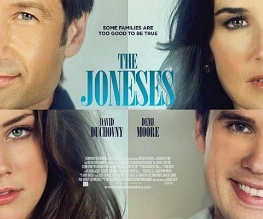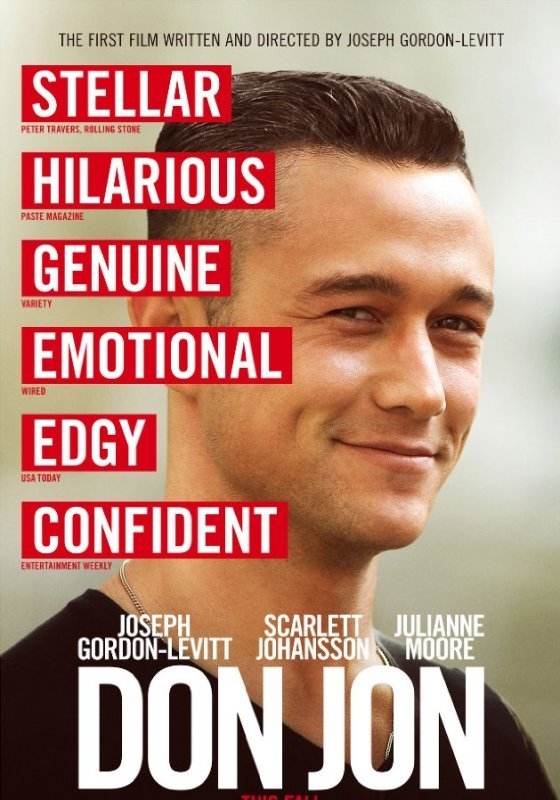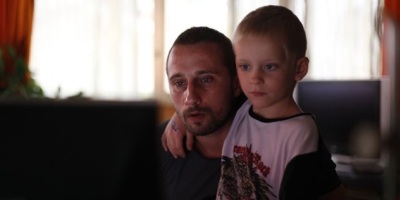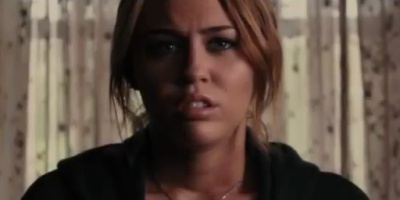The Joneses

Sex sells, purity rings sell – especially with the endorsement of clean-living dreamboats such as the Jonas Brothers. Designer labels sell, cheap imitations sell. Even last year’s fashions sell if you repackage them as vintage and charge twice the original recommended retail price. Everything sells, if you know how to convince the public to dig deep into their wallets and purses. In these economically-challenged times when we should be saving not spending, the clamour for must-have goods – or goods we’ve been told are must-have – is as strong as ever. The Joneses is a timely satire about consumerism run rampant and the catastrophe that awaits a credit-driven society determined to buy now and pay later – much, much later.
Keeping up with the Joneses
[FLOWPLAYER=http://uk.clip-1.filmtrailer.com/4372_12188_a_3.flv,275,180]
Derrick Borte makes a striking directorial debut, hinting at delicious kinks in the storyline before revealing his humdinger of a twist that begs tantalising questions about product placement and what truly enriches our daily lives. Steve Jones (David Duchovny) and his wife Kate (Demi Moore) move into a wealthy gated community with their good-looking teenage children, Jenn (Amber Heard) and Mick (Ben Hollingsworth). The measure of a man in this moneyed enclave isn’t his achievements but the price of his car or the jewellery draped around his wife’s surgically-lifted neck. To that end, the Joneses fit in perfectly. Their house is festooned with the latest appliances and bijou furnishings, which draw looks of unbridled envy from the neighbours including Larry (Gary Cole) and wife Summer (Glenne Headly). In a matter of weeks, Steve, Kate, Jenn and Mick are redefining what’s hot and what’s not as the old residents dig deep into their trust funds to keep up with the fabulous new arrivals. Yet there is more to the perfectly-tailored clan than meets the eye…
All that glitters…
The Joneses is a big tease for the opening 20 minutes, as we twig that there is something amiss in the titular household, not least when someone unexpected crawls into bed next to Steve. Borte withholds the narrative ace up his sleeve as long as he can because once his grand design is revealed, the film slowly and perhaps inevitably loses dramatic momentum. The filmmaker introduces subplots for the two children to give them purpose but only Mick’s storyline piques our interest, because it reflects the ugliness of our supposedly open-minded, modern society. Moore looks fabulous in a role that plays to her strengths as a feisty, independent woman, and she generates significant on-screen heat with Duchovny to make the conventional happy ending a little easier to swallow.
The underlying message about greed is delivered heavy-handedly but with some style. Of course, to make his point, writer-director Borte needs to lure you into the cinema with glossy posters and trailers. Oh the irony.





Recent Comments